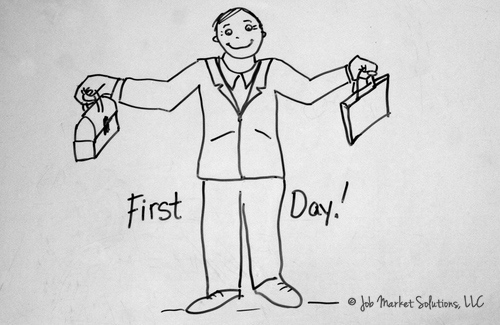
When I talk to people as I write their resumes, I listen to their stories. Some are stories of success and some are tales of regret.
I hear, “It’s always held me back that I never finished my undergraduate degree.” Or, “I can’t ask for a raise because I don’t have all my certifications.”
But I also hear, “My last promotion came only after I got PMP certified.” And, “The best thing I ever did was go back to school for my MBA.”
When you are ringing in next New Year’s Eve, will you be celebrating a recent success story or rehashing old regrets about the arc of your career? Will you be sitting in the same cubicle, wondering where another year has gone or will you be enjoying an increased salary, more respect from colleagues, and possibly a brand new job or new career, the kind you’ve always wanted?
Now is the time to launch the changes that will help you further your dreams. Let’s take it step by step.
Step One: Set Your Sights
You wouldn’t start an important road trip without a specific destination. The people I see succeed know what they want. It’s not a hazy picture. It’s a clear and realistic goal.
Read more









